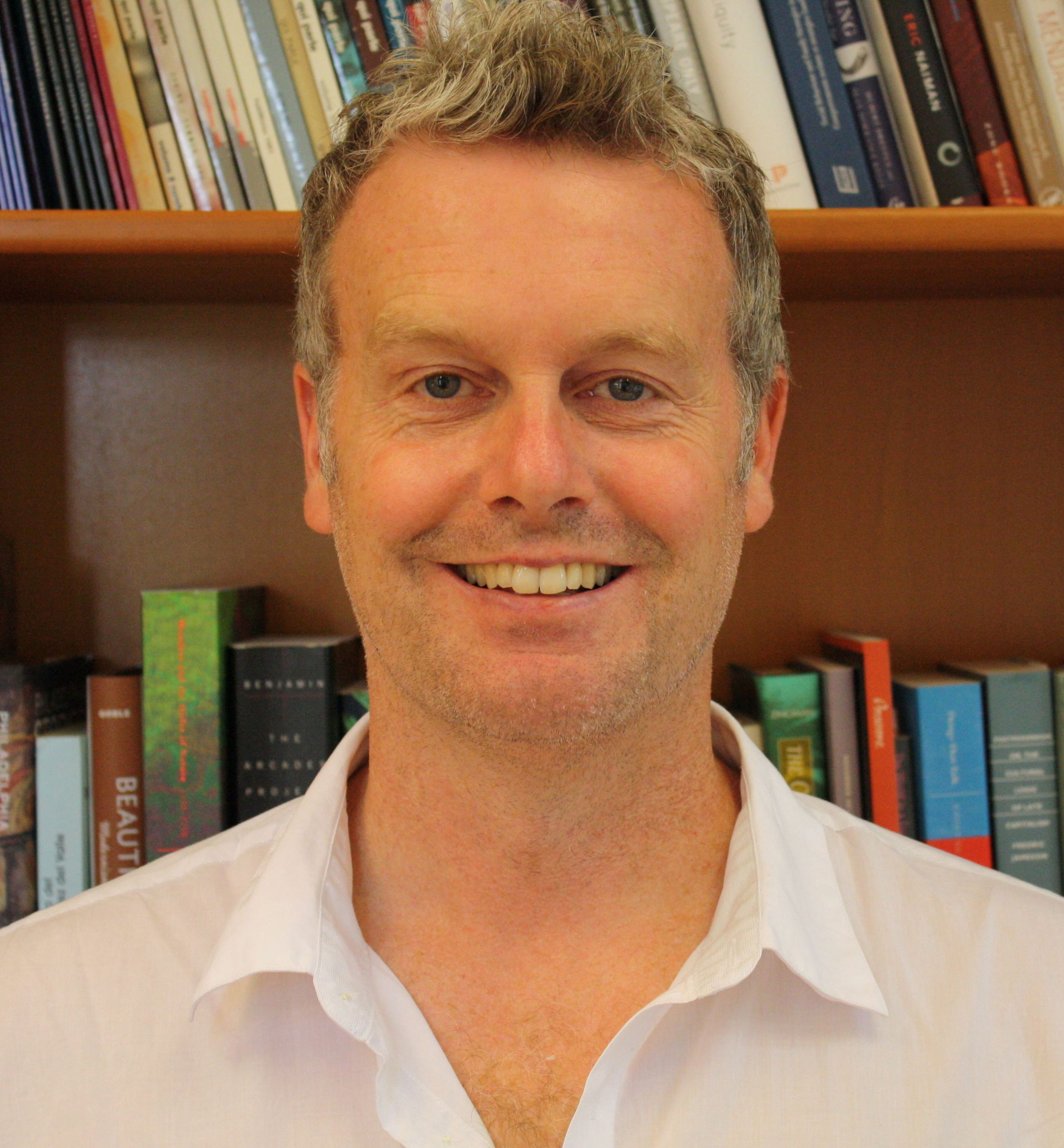
Jacob Dalton
The rise of the tantric Buddhism changed the face of religious practice across Asia. From India to Japan, it inspired new approaches to image worship, sacred space, the body and imagination. While today most scholars look to the canonical tantras to understand these historic developments, another genre was far more influential, the ritual manual. In his book project, The Spread of the Local: Ritual Manuals and the Rise of Tantra, Jacob Dalton (East Asian Languages and Cultures, South & Southeast Asian Studies) examines the cache of ancient Tibetan manuscripts discovered a century ago in Dunhuang, on the old Silk Road, a collection that reveals the lost history of tantric Buddhism. Dalton explores what these manuals can tell us about the radical shifts that took place in seventh- and eighth-century India, a pivotal time when the earlier outward forms of ritual practice were devalued in favor of a secret, imaginary level on which the true performance was understood to unfold. Dalton’s central questions consider how this shift was reflected in the language of the manuals, and how it may have formed new ritual subjectivities.